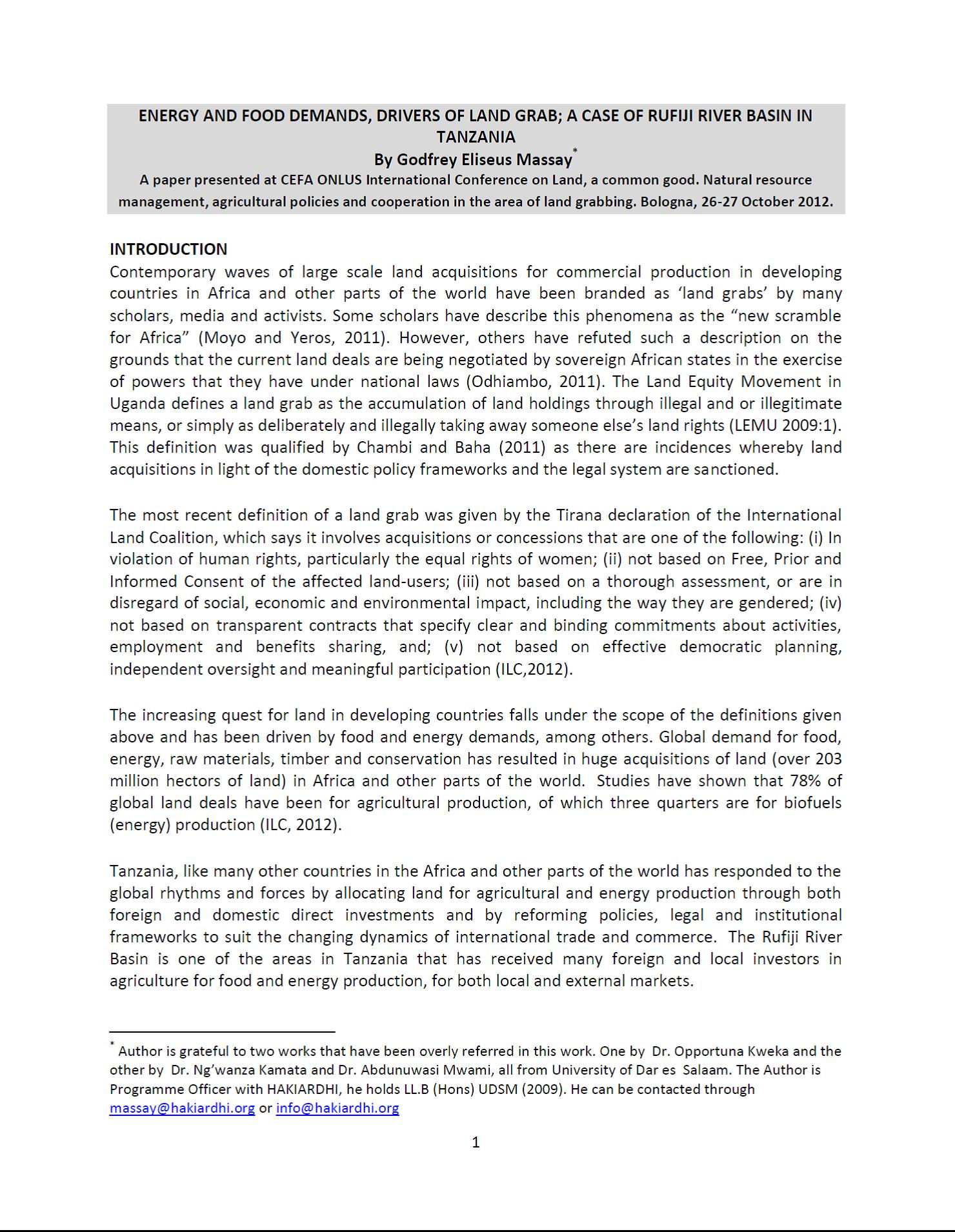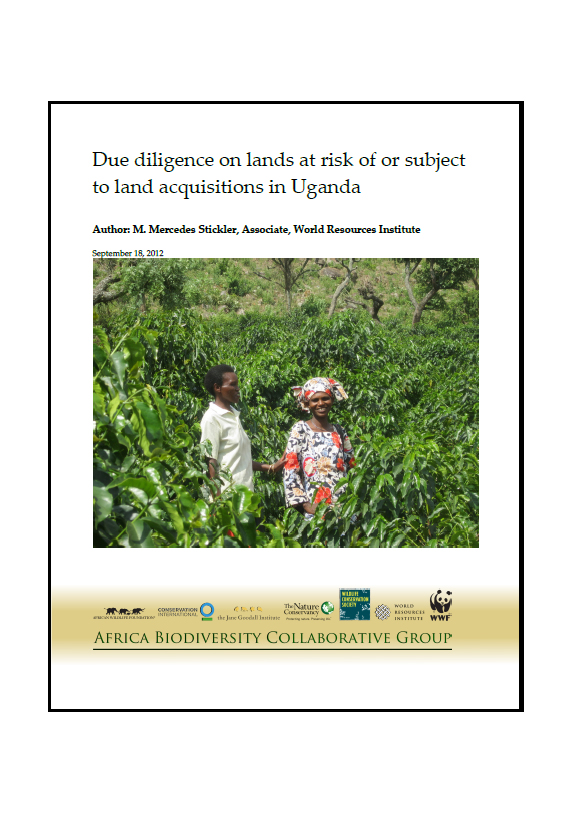Changing Realities, Poverty and Displacement in South East Burma/Myanmar - 2012 Survey (TBC)
A significant decrease in forced displacement has been documented by community‐based
organisations in South East Myanmar after a series of ceasefire agreements were negotiated earlier this
year. While armed conflict continues in Kachin State and communal violence rages in Rakhine State, field
surveys indicate that that there has been a substantial decrease in hostilities affecting Karen, Karenni,
Shan and Mon communities.
In its annual survey of displacement and poverty released today, the Thailand Burma Border Consortium







